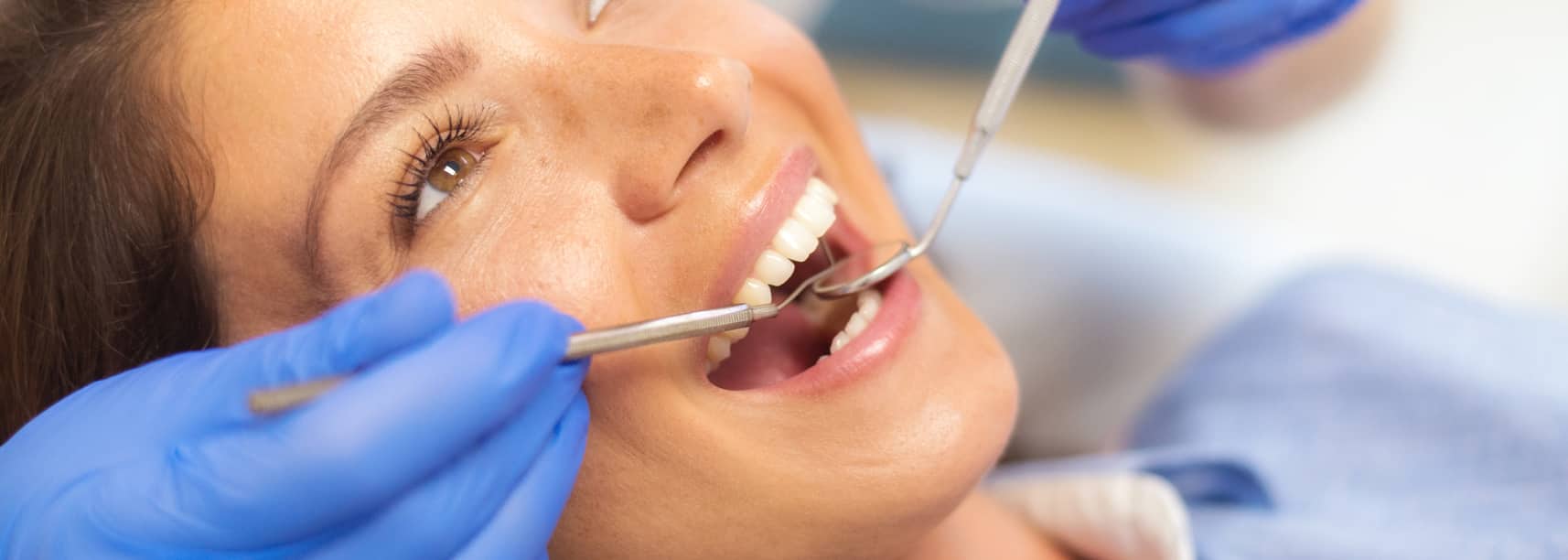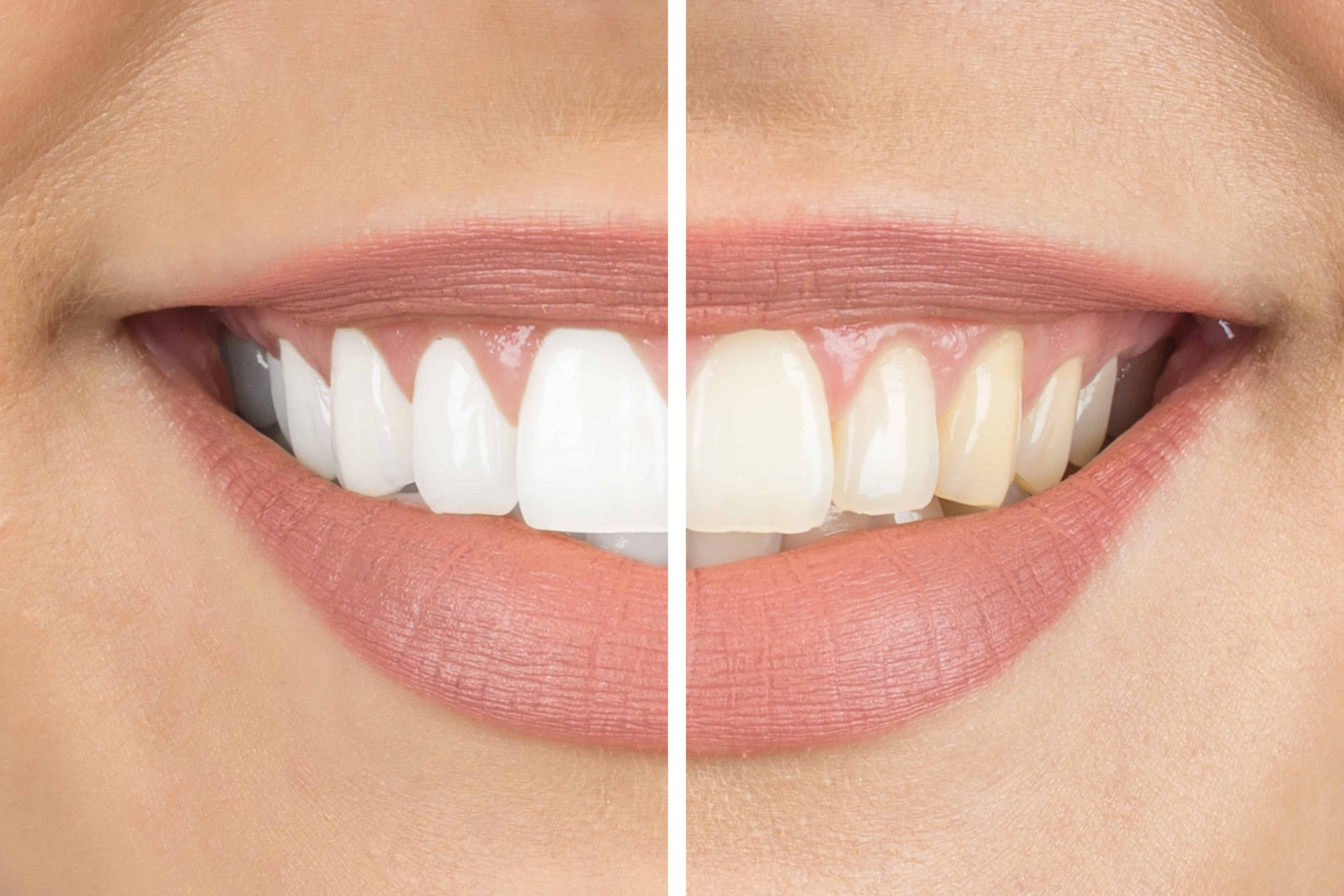We have all heard about the importance of good oral hygiene. For as long as we can remember, our dental professionals have been telling us to brush our teeth twice daily, floss once, and get professional cleanings on a regular basis. We know that all of these steps are important to keep our teeth bright and clean. But do we truly realize just how much our oral hygiene affects other areas of our lives? In addition to preventing tooth loss, poor oral hygiene can affect our health in other negative ways. It can be interesting to see the connection between caring for our teeth and gums and the effect on the rest of the body. Let’s take a look at the top 5 things that we must keep in mind regarding oral hygiene and how important it is for overall good health.
Why is it Important to Practice Good Oral Hygiene?
Many people are surprised to learn that certain areas of the body affect other areas of the body as well. This is especially true for the teeth, gums, and mouth. Neglecting one’s oral hygiene can lead to other serious health issues, such as heart disease and diabetes. It goes beyond brushing your teeth each morning when you wake up, and again before you go to bed at night. The practice of good oral hygiene involves brushing with a toothpaste containing fluoride, as well as daily flossing or the use of an interdental cleaner to reach in between the teeth. It doesn’t end there! Remember that you need to schedule check-ups approximately every 6 months, and replace your toothbrush every three months or so. There are several steps that each person must follow on a regular basis in order to protect their oral health.
Brushing Your Teeth
Brushing the teeth two to three times per day is something that everyone does regularly. It gets the food off of our teeth and keeps our smile bright. However, brushing your teeth is more important than we may realize. It keeps the breath fresh and prevents halitosis or chronic unpleasant breath. Brushing for two minutes, twice a day removes the accumulation of debris and bacteria from the surface of the teeth. Brushing your teeth regularly also reduces the risk of other illnesses such as a stroke or heart attack. It does this by preventing gum disease, which causes obstructions in the walls of the arteries. Regular brushing helps prevent dementia and is also extremely important during pregnancy. Equally important is knowing how to properly brush your teeth! Position the toothbrush at a 45-degree angle to the gums, moving it in short strokes back and forth along the surface of the teeth. Clean the outer, inner, and chewing surfaces to remove all particles and debris.
Flossing Your Teeth
Good oral hygiene continues with flossing the teeth every day. You can also use dental flossers or interdental brushes to remove debris and bacteria from in between the teeth. Regular flossing prevents cavities and gingivitis. It prevents tooth decay and also plays a role in keeping the mouth and breath fresh. Flossing removes the buildup of plaque and is vital for the prevention of periodontal disease. Flossing removes approximately 40% of the bacteria from the mouth on a daily basis. This is quite a lot! Neglecting to floss each day can result in serious health problems, such as tooth loss and discoloration of the teeth.
Nutrition for Good Oral Health
Nutrition plays an important role in good oral health. The teeth and gums are certainly affected by the foods we choose to eat on a regular basis. Sugary foods, such as sodas, baked goods, and candy can directly lead to tooth decay. In order to prevent gum disease and tooth decay, it is important to ensure that you are consuming foods that provide all the necessary vitamins and nutrients that the body needs.
For good oral health, eat a diet that is rich in calcium, phosphorus, and vitamin C. You’ll also need to consume fruits and vegetables, whole grains, and lean, healthy proteins. Another important aspect to remember is to be mindful of when you eat. Frequent snacking throughout the day can result in acid attacks, leading to cavities and tooth decay. Consuming plenty of water is extremely important, as it helps to prevent cavity-causing acid attacks in the mouth. Choose low sugar foods that require plenty of chewing, as this stimulates saliva production, which is vital for oral health. As we can see, good nutrition has many benefits, with one of the most important being optimal oral health.
Routine Visits to the Dentist
Everyone needs to get in the habit of visiting the dentist two times per year in order to ensure good oral health. In addition, visit the dentist as soon as possible if you experience pain or suspect that there is a problem with the teeth, mouth, or gums. Regular cleanings remove plaque and tartar buildup, keeping the teeth clean and the gums healthy. It is important to know that plaque and tartar are not removed by regular brushing and flossing. Regular visits also allow the dentist to identify any potential problems that you may not have noticed, such as cavities between the teeth. During the visit, your dentist will take x-rays if necessary in order to check for any hidden issues. You can also expect your teeth to be polished so that all surface stains are removed. All of these steps work together to give you a clean, healthy smile and great oral health!
As we can see, there are several steps that everyone must take in order to maintain good oral health. Each step plays an important role in keeping the body healthy. Our oral health goes beyond the mouth, affecting other areas of the body as well, making it even more beneficial to practice excellent oral hygiene. At Esthetix Dental Spa, we understand the importance of a clean and healthy mouth. Our team is focused on your needs, providing the service you need in a private and comfortable setting. We offer procedures and general dentistry, such as cleanings, x-rays, root canal therapy and much more in order to meet the needs of everyone. For more information regarding good oral health practices, or to schedule a consultation or appointment, contact us today!








